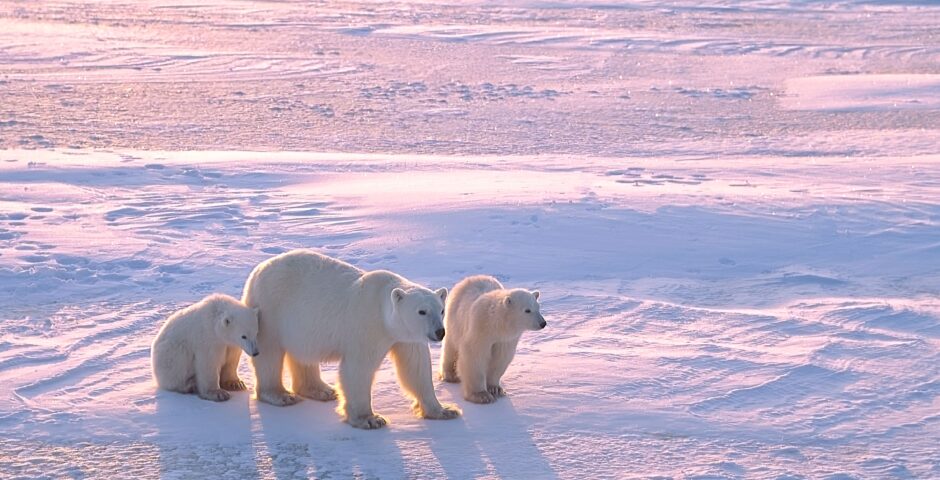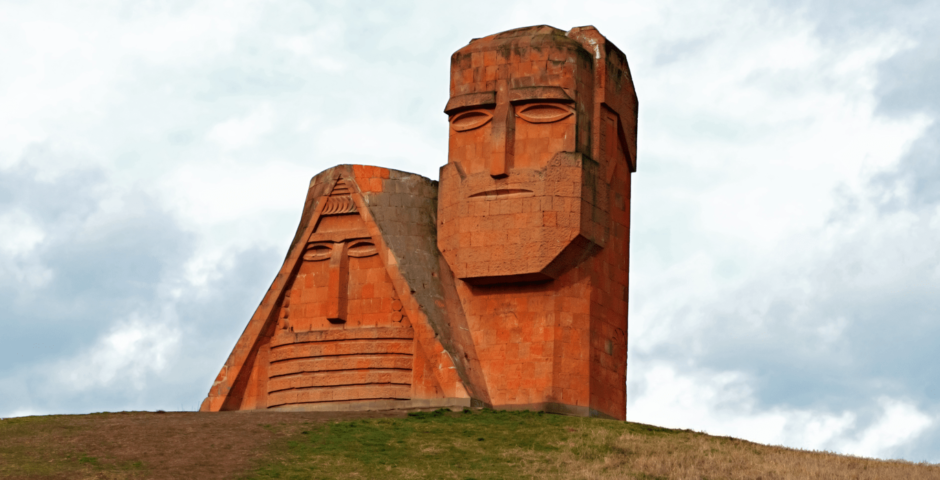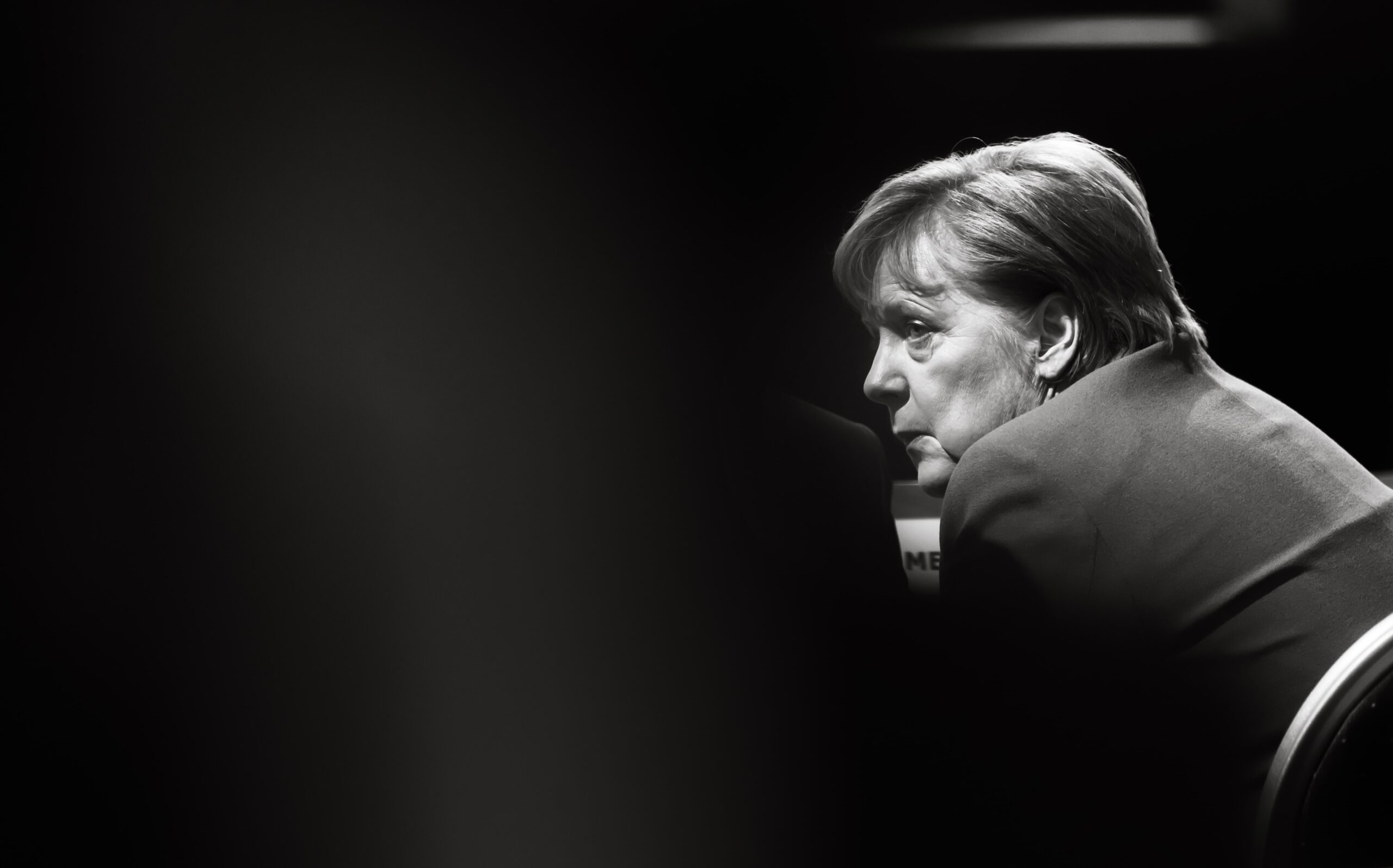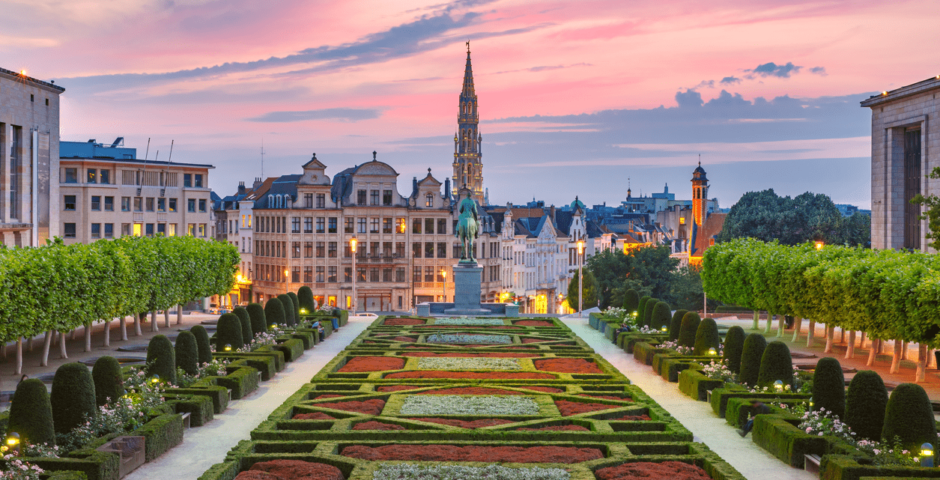Why is the European Union now focusing on the Arctic region?

In October, the European Commission presented its new policy plan for the Arctic region, hoping to increase its influence before the recent COP26 discussions. The Arctic region is warming three times faster than the rest of the planet, but the melting of the ice and the thawing of the permafrost there also has repercussions in Europe, as it accelerates climate change in all regions, according to the Commissioner for the Environment, Fisheries, and Maritime Affairs. Because of this, the Commission believes that the international community needs to cooperate to ensure that the Arctic region is “safe, stable, sustainable, and prosperous.” The suggestion to partner up has also been supported throughout the COP26 meetings, which highlighted that the world leaders can negotiate lots of different aspects of environmental legislation, but not even they can “negotiate the melting point of ice,” according to the World Wide Fund for Nature.
The Commission’s new policy plan for the Arctic region
The European Union is one of the global leaders in the fight for sustainable development, setting its ambition to reduce greenhouse gas emissions by 55% by 2030 and to become entirely climate neutral by 2050, according to the European Green Deal and the European Climate Law. Now, the Commission is taking the first steps towards international partnership in the Arctic region by updating its previous Arctic Strategy, introduced in 2016, to focus more heavily on diminishing the European Union’s environmental footprint. For this purpose, it desires to become one of the main drivers of dialogue with the Arctic region by appealing to the Arctic Council, which facilitates conversations between the Arctic countries, to be granted “observer status.”
Through this dialogue, the Commission desires to accomplish three key objectives. First of all, it wants to push for lasting peace in the region by intensifying regional cooperation and by monitoring and anticipating emerging security threats. In order to prevent geopolitical conflict, the European Union will need to convince the Arctic region’s partners and neighbours to stop the extraction of oil, gas, and coal from the Arctic grounds in favour of more environmentally friendly development. This ties in with the second key objective, which requires strong action to tackle “the ecological, social, economic, and political impact of […] environmental degradation.”
This, in turn, will facilitate the completion of the third aim. The Commission wants to support the comprehensive and inclusive development of the Arctic region to the benefit of its current inhabitants and its future generations, emphasising, in particular, the needs of minorities and indigenous peoples. For this purpose, the European Union aims to invest in education and in employment opportunities that have sustainable futures in emerging industries, including in the “blue economy,” which encourages better stewardship of our oceans. Supporting the inhabitants of the Arctic region will be done through the Cohesion Fund and similar programmes.
Geopolitical rivalries and differing views
However, the COP26 discussions have shown that the European Union is not the sole entity that is trying to increase its influence in the region. Because of the possible exploitation of natural and renewable resources, the opening of new maritime routes, and the increased militarisation, the Arctic region has been subjected to dangerous geopolitical rivalries. One example of this fight for influence is the competition between Russia and the United States, whose relationship has become increasingly tense. In this sense, Russia might see the region as an opportunity to deter the United States’ global hegemony. United States Secretary of State Mike Pompeo recognised that Russia had been behaving “aggressively” in May 2019, and Russian President Vladimir Putin then complained that the United States’ presence through NATO was far greater than Russia’s.
Over the past few years, Russia has been increasing its influence in the Arctic region. In its latest policy plan, the country stresses the importance of investing resources into the territory and recognises the urgency to prevent environmental disasters. Because it has the longest coastline and the most industrialised area in the Arctic region, in addition to its significant quantity of resources, Russia holds the geopolitical power that is needed to solidify its presence. This is of vital importance, both from the security standpoint and for the economic opportunities. For this purpose, the country has been developing its territories and strengthening its maritime presence in the Arctic Ocean. Simultaneously, it has also been pushing for more international cooperation, including with the United States, recognising the threat of uncontrolled competition within the region and highlighting that many disasters may occur if the controlled partnership is neglected.
On the other hand, the United States has been focusing on researching the Arctic region’s environmental vulnerabilities, recognising that it is necessary to address disasters, in particular with regards to the thawing of the permafrost and to the pollutants that will be released into the air, water, and land, due to increased human activity. For this purpose, the United States is willing to cooperate internationally, but the country has also not been very secretive about its desire to exploit oil resources in the region. Numerous companies have already started drilling near the shores, despite the fact that the likelihood of spills is expected to increase due to the enlargement in oil development and transport structures. The toxic substances left in the ice after spilling have extreme consequences on the ecosystem. This view is clearly not aligned with the Commission’s new policy plan, which aims to stop the extraction of oil, gas, and coal.
Furthermore, MEPs have expressed growing concerns with regards to China’s plan for the Arctic region. Despite not being an Arctic country, it has been granted an observer status by the Arctic Council in 2013 and has moved from passively listening to the conversations to actively pushing its own agenda. The country wishes to develop infrastructure and to exploit resources in an attempt to improve its economy and to solidify its global presence. One of the major components of this plan would be to extend its Belt and Road Initiative, which is an infrastructure development scheme, into the region. However, in its report, the World Wide Fund for Nature has argued that this presents significant issues for sustainable development, in particular with regards to the potential overexploitation of resources and the extreme consequences for the Arctic environment and ecosystem. The project has also been subjected to accusations of neocolonialism and of human rights breaches, according to one report by the NGO China Labor Watch.
Criticism towards the Commission’s plan
These different views show that the Arctic region has been subjected to dangerous geopolitical rivalries. While the European Union’s plan to reduce these issues is commendable, it is far from flawless and has received significant criticism. In fact, the indigenous communities in the region, whose needs are meant to be emphasised by the plan, have represented its most vehement opposition. The European Union wishes to convince the Arctic region’s stakeholders to stop the extraction of oil and gas from the Arctic grounds in favour of more environmentally friendly possibilities, yet indigenous communities believe that there is some hypocrisy in this part of the policy plan. This is because the European Union deposits one-third of black carbon into the Arctic region, which speeds up the warming of the region. Furthermore, there is no distinction between oil and gas in the policy plan, despite the fact that the latter might be a transitional fuel.
Conclusion
It is obvious that the Commission’s new policy plan for the Arctic region, which focuses on taking strong action to tackle the ecological, social, economic, and political impact of environmental degradation, has been subjected to some criticism, because of the differing views by geopolitical rivals, such as Russia, the United States, and China, and the accusations of hypocrisy by the indigenous communities of the Arctic region. There is certainly something admirable about the European Commission’s statement that addressing climate change demands strict policy, including the strengthening of international cooperation and the abandonment of certain developmental pathways, but its position might have been slightly too outspoken.
It is still unclear how the European Union’s desire to become one of the main drivers of dialogue with the Arctic region will influence and reframe its interactions with the Arctic Council and other stakeholders. Until the publication of the new policy plan, the European Union has always fallen into more second-string roles, offering help and support for the Arctic region’s own objectives, when those were aligned with the European Union’s. However, it has now shown aggressive confidence, and this might not bode well for its external relations. Because of this, it is impossible to say to what extent it will be able to effectively increase its influence. Therefore, the coming years will show whether its efforts to protect the Arctic region will be effective.
Charlotte Vanderbemden has recently obtained her bachelor’s degree in European Studies and is currently working on her master’s degree in European Law at the Universiteit van Amsterdam.
Image: Shutterstock




